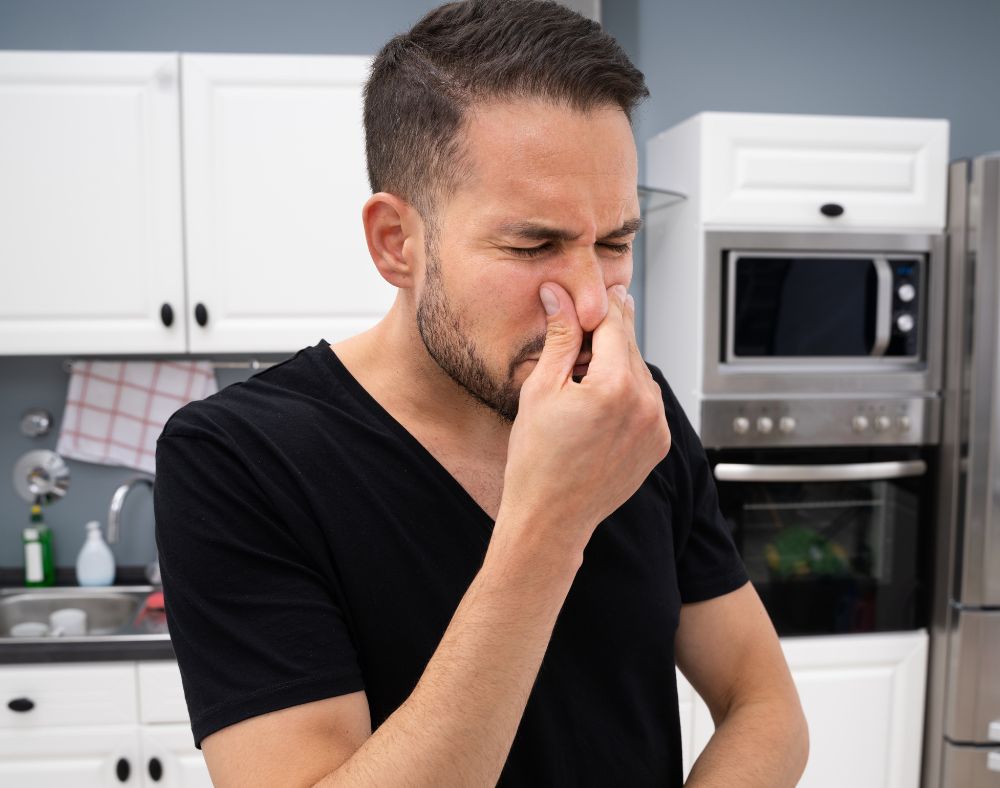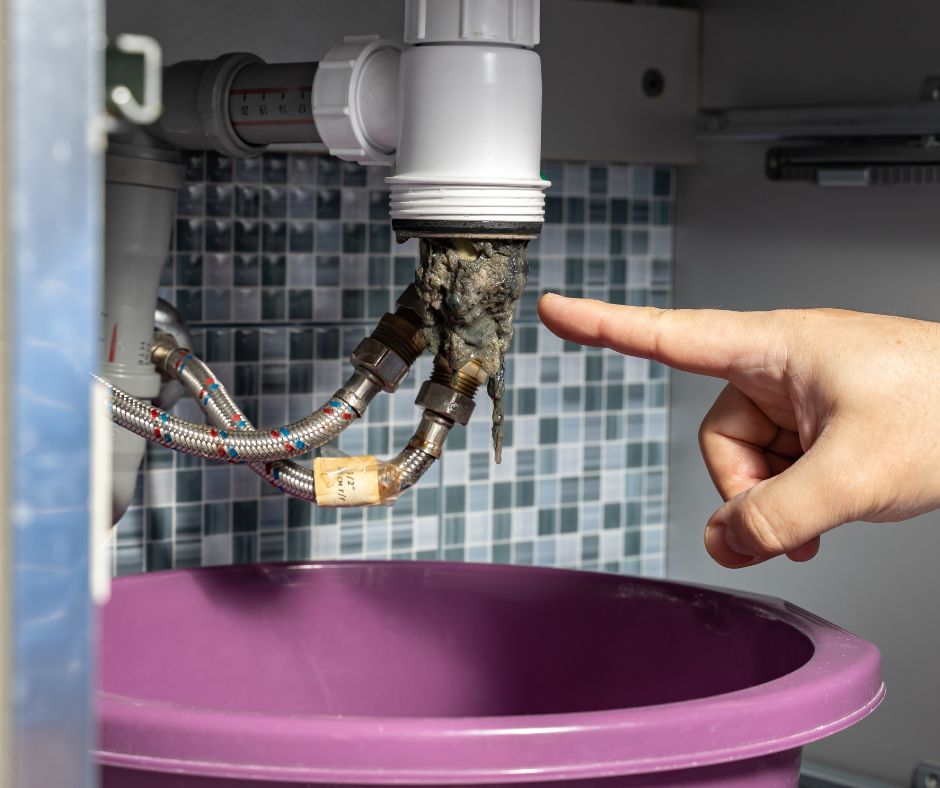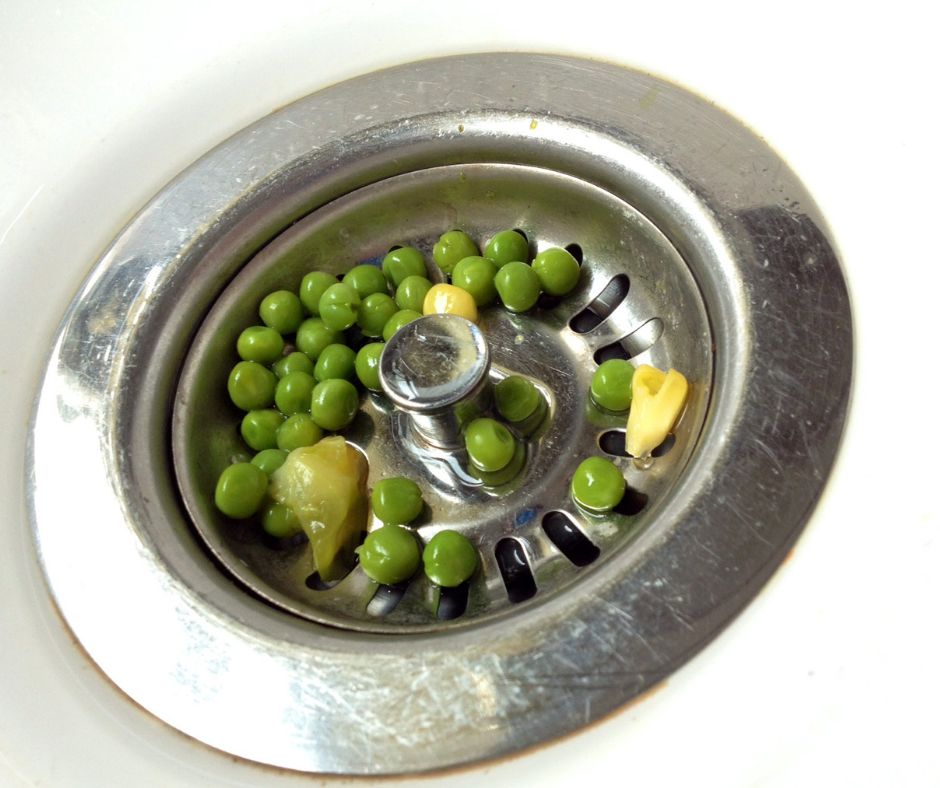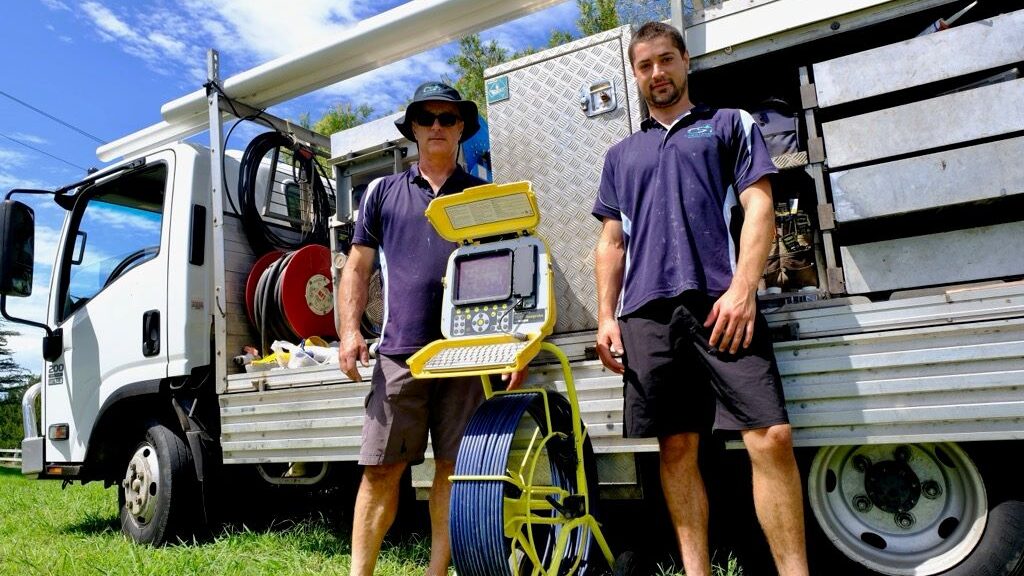Understand the Key Factors That Cause Foul Odours from Your Drains
Foul odours emanating from drains are frequently the result of a buildup of trapped food debris, soap residue, and organic matter accumulating within the pipes. Additional factors that can exacerbate these unpleasant scents include a dry or malfunctioning trap as well as an overgrowth of bacteria within the drainage system. To effectively combat these unpleasant odours, it is advisable to flush the drain with a concoction of boiling water and vinegar, clean the trap whenever possible, and verify that all water seals are properly maintained. Should the odour persist despite these efforts, consulting a qualified plumber may be necessary to investigate deeper blockages or potential sewer gas leaks.

Identify Common Sources of Unpleasant Odours from Drains in Wollongong Residences
1. Build-Up of Organic Matter in Drainpipes
Over time, various substances such as food remnants, soap, grease, and hair accumulate in the drain system. This organic material decomposes, which creates a perfect breeding ground for bacteria, leading to foul odours often reminiscent of sulphur or a musty smell. Regular maintenance practices, including thorough cleaning routines for your drains, can significantly reduce these organic deposits and the unpleasant smells they produce.
2. Malfunctions in the Water Trap (P-Trap or S-Trap)
The drain trap is an essential part of your plumbing framework, designed to retain a small volume of water that effectively blocks harmful sewer gases from infiltrating your home environment. If the trap dries out—often due to infrequent use—or if it has been improperly installed, it can result in hazardous gases escaping into your living spaces, causing unpleasant odours. It is crucial to ensure that the trap remains filled with water to maintain a healthy and odour-free household.
3. Clogs in Ventilation Pipes
Plumbing vents play a vital role in regulating pressure and safely directing sewer gases out of your home through the roof. When these vents become obstructed by debris, bird nests, or corrosion, it can force gases back down into your drainage system, contributing to unpleasant odours. Regular inspections of these vent pipes are essential to ensure they remain unobstructed and fully operational.
4. Deterioration of Plumbing Pipes
Older plumbing systems, particularly in certain suburbs of Wollongong, may have cracked or damaged pipes that can leak gases or allow debris to accumulate, resulting in stagnant water and unpleasant smells. If you suspect that your pipes may be compromised, seeking a professional inspection is vital to avert further plumbing complications and ensure a safe and healthy home environment.
5. Improper Installation of Household Appliances
DIY setups for appliances like washing machines or dishwashers can often lead to complications, including the absence of adequate traps or improperly configured drainage connections. Such errors may allow foul odours to permeate your home. If you've recently installed an appliance, it is crucial to verify that it has been properly configured to prevent any unpleasant smells from developing.
Effective Do-It-Yourself Solutions for Eliminating Unpleasant Drain Odours
Comprehensively Flush the Drain
To effectively address unpleasant odours, pour a generous amount of boiling water followed by a combination of vinegar and bicarbonate soda down the affected drain. Allow this mixture to fizz and work for approximately 10 to 15 minutes before flushing the drain again with hot water. This method helps disintegrate any organic material and effectively eradicates the unpleasant smells.
Thoroughly Inspect and Clean the Trap
Whenever feasible, detach and thoroughly clean the U-bend trap located beneath your sinks. Be sure to wear gloves and prepare for potential unpleasant odours, as the trap may be clogged with hair, sludge, or grease. Regularly cleaning the trap will help ensure it functions effectively and aids in preventing future odours from arising.
Restore Water Levels in the Trap
If a drain has not been used for an extended period—such as in a guest bathroom or floor waste—pouring a few cups of water into it can help restore the water seal. This simple action prevents sewer gases from infiltrating your home and keeps your environment free from unpleasant odours.
Improve Ventilation in the Area
To assist in dispersing any lingering gases until the underlying issue is resolved, utilize fans or open windows for effective ventilation. It is advisable to avoid chemical cleaners, as they may lead to further corrosion of your pipes. Employing natural ventilation methods will help maintain better indoor air quality while addressing the odour issue.

Recognize When to Seek Help from a Licensed Plumbing Expert
If unpleasant odours continue despite your cleaning efforts, or if multiple drains throughout your home are affected, it is critical to reach out to a plumbing professional. Persistent foul odours may indicate serious issues such as:
- A blocked main drain line that requires immediate intervention
- A breach in sewer pipework that could result in significant damage
- A malfunctioning or collapsed P-trap that needs replacement
- A ventilation issue located within walls or ceiling cavities
A licensed plumber will utilize advanced inspection techniques, such as inspection cameras or smoke testing, to accurately diagnose the root cause of your plumbing problems. For homes affected by salt air or aging pipework, we strongly recommend scheduling a comprehensive drain inspection or considering a pipe relining service to address any potential issues.
In urgent situations, especially if sewage odours are detected in living areas, our emergency plumbing services are available 24/7 throughout the Illawarra region, ensuring you receive prompt assistance.
Proactive Strategies to Prevent Future Drain Odours
- Avoid pouring grease or oils down the kitchen sink
- Regularly clean drain strainers on a weekly basis
- Monthly run boiling water down your bathroom and laundry drains
- Seasonally flush less-frequently used drains to maintain water seals in traps
- Schedule an annual plumbing inspection with a trustworthy local provider

Essential Tips for Homeowners in Wollongong to Address Drain Smells
The presence of unpleasant drain odours is more than just a minor inconvenience; they can indicate trapped waste, missing seals, or potentially serious leaks and ventilation issues that could escalate into significant health or structural problems. In Wollongong, where there is a mix of new developments and older homes, these odours often stem from simple buildups but may also signal deeper faults hidden behind walls or below concrete surfaces.
It is crucial to avoid merely masking the odour with temporary fixes. Instead, focus on identifying the root cause of the problem and addressing it effectively at the source. If your DIY attempts do not yield satisfactory results, trust the expertise of a licensed plumber, such as our team at CS Plumbing Services, who understands the unique features of your home and how to maintain its safety and functionality.

The Article: Drain Smells: Permanent Solutions to Eliminate Odours first appeared on https://writebuff.com
The Article Drain Smells: Effective Ways to Eliminate Odours Permanently Was Found On https://limitsofstrategy.com

